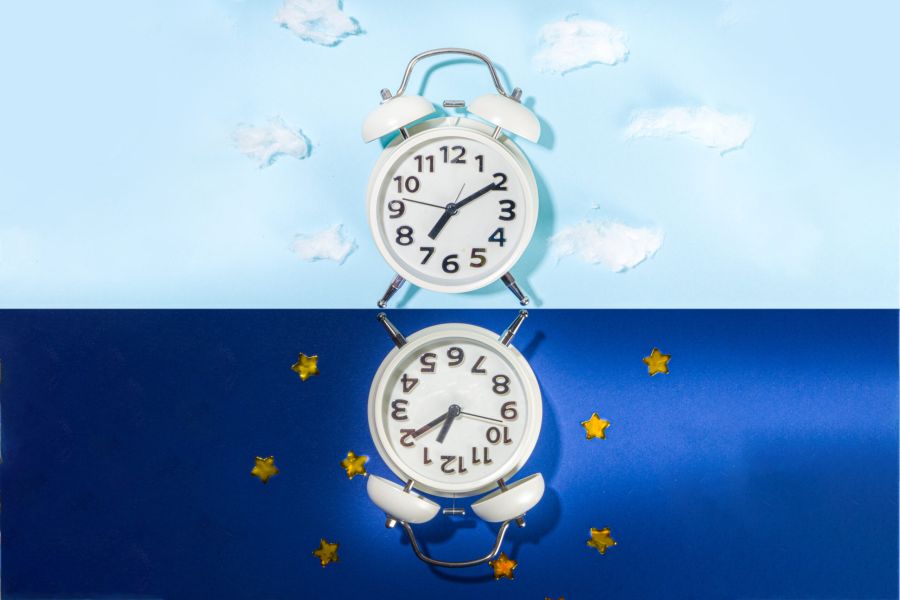Daylight Saving Time, Lowlands and colored streetlights: BioClock in the media spotlight

Daylight Saving Time under scrutiny by NTR Wetenschap and NPO 3 op Reis
On June 21 – the longest day of the year – NTR Wetenschap released a short video about the effects of light on our biological clock. Chronobiologist Inês Machado Chaves, affiliated with BioClock, explains how light impacts our bodies and why we would be better off abolishing daylight saving time.
NPO 3 op Reis also addressed the topic in an online article titled: “Should we abolish daylight saving time? We’re living in Kyiv’s time zone.” The article explains that the Netherlands is geographically not aligned with its current time zone, which can negatively affect our sleep and health. BioClock is explicitly mentioned as a consortium advocating for the adoption of permanent standard time. You can read the full (Dutch) article here.
Researching the ‘festival jetlag’ at Lowlands
At Lowlands 2025, festivalgoers can not only dance the night away at Bravo or Hacienda, but also take part in citizen science. As part of Lowlands Science, BioClock is investigating how sleep deprivation — an inevitable part of festival life — impacts reaction time and cognitive performance. The project is featured in detail in a New Scientist NL article.
Purple streetlights in Apeldoorn
When streetlights in Apeldoorn suddenly started emitting purple light, it raised many questions among residents. Local media outlet Samen1 published an article in collaboration with Kamiel Spoelstra (BioClock and NIOO-KNAW). Kamiel explains that the colored lights are part of a new scientific experiment aimed at identifying which colors of artificial light are least disruptive to nocturnal life. Read the (Dutch) interview via Samen1.

The BioClock Consortium is funded by the NWA-ORC programme of the Dutch Research Council (NWO; project number 1292.19.077).